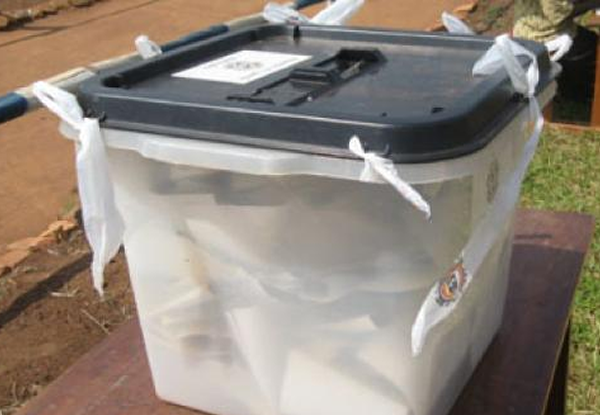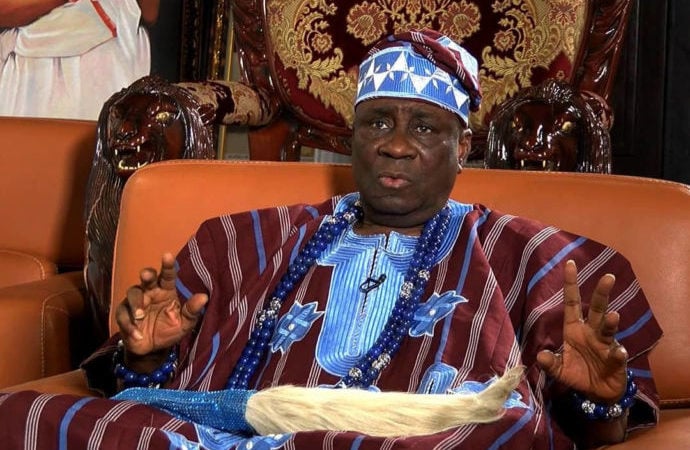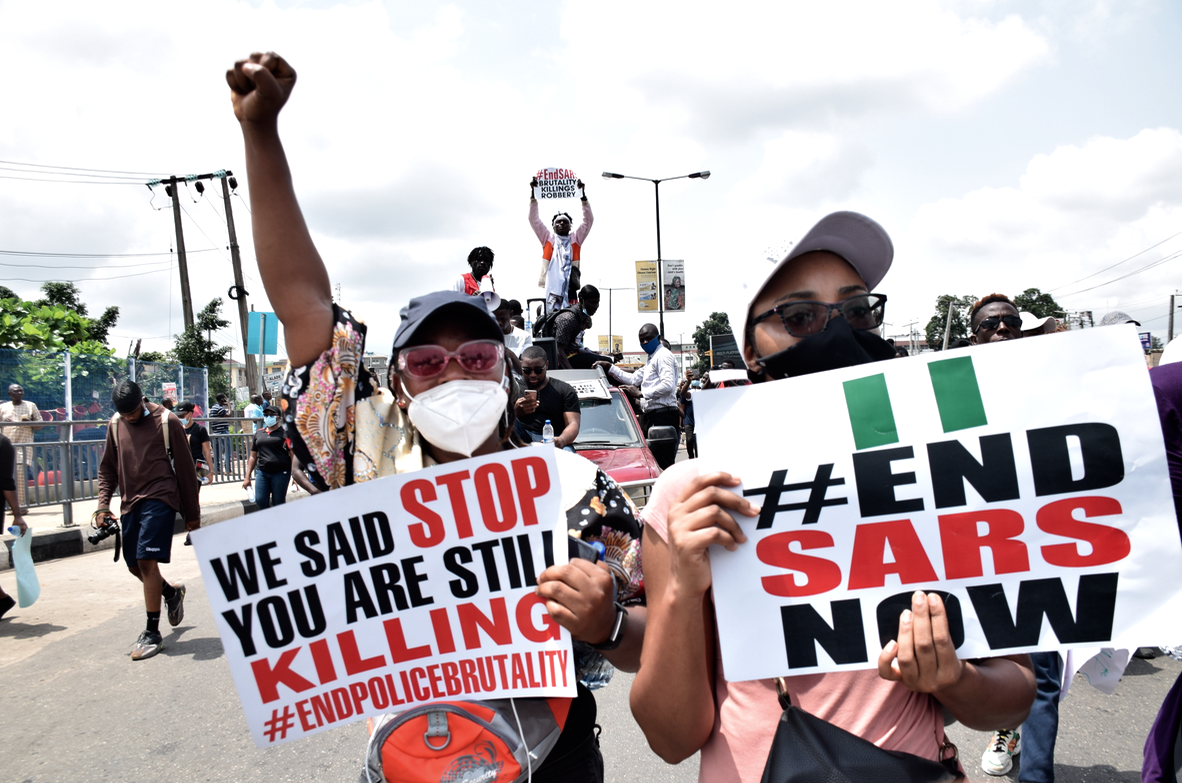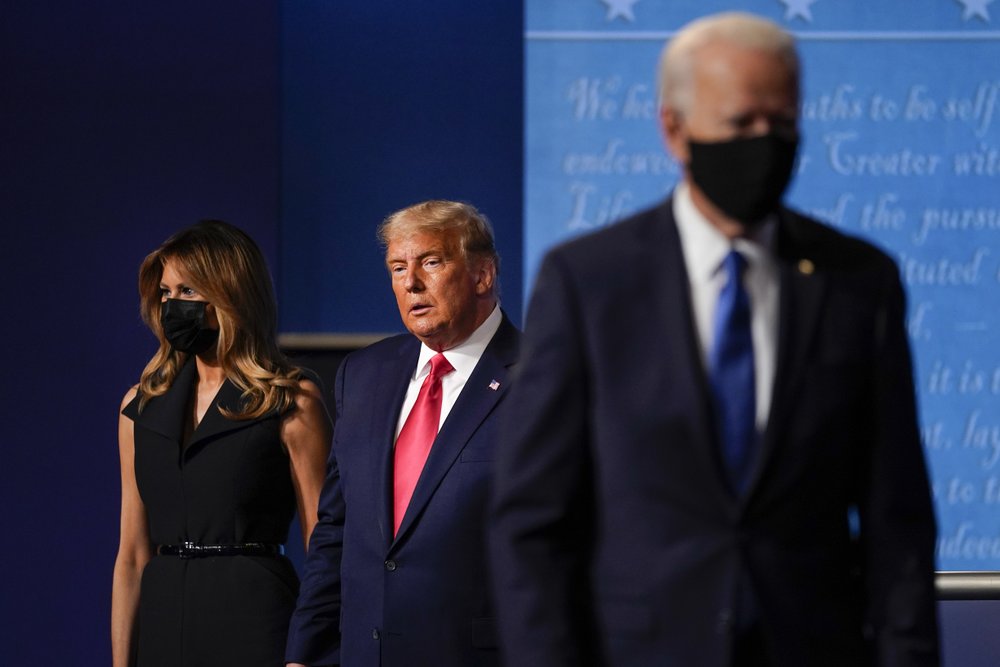BY ABUBAKAR NAFISA
As we celebrated the recent Independence Holiday after 60 years of self-government, a realisation that was also as evident is what we can comfortably call the consolidation of our democracy. For 20 years, we have held elections and moved from one civilian administration to another administration. We have even transferred power peacefully from one party to another party. One particular commentary was even popular amongst public affairs analysts – the so called expiry date for Nigeria and how this ‘prophecy of doom’ has refused to materialise.
It appears that even though everything is not alright with the country, everything seems to be alright with our democracy, or is it? While the question of national development has always been obvious – our people are poor, our youths don’t have jobs, our roads are death traps and there is very little or no social security net for our most vulnerable citizens, it doesn’t appear as though anything is wrong with our democracy and we can keep marching on on that front. More than any other, it is at this juncture that we should pay our most attention. Maybe a story will help to illustrate this.
In July of 260 BC, the Chinese state of Qin had started a campaign and had besieged the strategic Shangdang’s Zhao fortress for three whole years. At the point of exhaustion, Zhao Kuo led an army of 450,000 men to break the siege with a determination to break the deadlock by all means. The Qin army led by Bai Qi was smaller, much more than Zhao Kuo had expected. In the ensuing battle, they began to retreat. Eager to decimate the Qin army, Zhao Kuo raced ahead with full force, leaving his supply train behind. Bai Qi’s cavalry, whose army was outnumbered and fleeing then chose to attack the Zhao supplies and destroy them.
Advertisement
It took only a short while for the consequences to start becoming obvious. Zhao Kuo’s army became short on food and then chose to retreat to Shangdang, but there was no food there. 46 days later, Zhao Kuo was killed while leading a breakout attempt. It was doomed. His entire army surrendered as they were already at starvation point. Bai Qi ordered all the captured prisoners – up to 400,000 of them – to be executed. By losing his focus on a critical component of his war – his supplies, Zhao Kuo had lost his entire army and his life.
There are those who insist that we must celebrate our progress as a nation, but choose to ignore a critical component of whatever democratic progress we must be achieving – our elections. Yes, we ended the possibility of a life term presidency when the national assembly chose against all odds, inducements and ghana-must-gos the practice of a president spending only two terms. Yes, we navigated a hold on power when a President’s life hung in the balance and the entire nation was without leadership. Yes, the people spoke with a voice when a decision was made without the consent of the people and young people occupied the country with a popular #OccupyNigeria hashtag. Yes, we transferred political power peacefully from one political party to another political party without burning down the country. But lest we end up like Zhao Kuo, we must pay attention to the critical component of our democracy – our elections.
57% of Nigerians who registered to vote showed up in 2011 to vote for their preferred candidate. By 2019, only 34% of the people showed up. In the elections that followed in Kogi and Bayelsa state, even a lesser percentage of the people showed up to vote. A democracy where even lesser people are participating election after election is fast becoming a de-legitimised democracy. If the people are choosing not to exercise their franchise and vote for their leaders in a system of government that is of the people, by the people and for the people, then the irony and the joke is on us. But is this just a joke? Are there consequences for this practice just as it was for Zhao Kuo in that war history shared earlier?
Advertisement
In their book “How Democracies Die”, Steven Levitsky and Daniel Ziplatt who are both Harvard professors show that democracies actually can die and that the way they die is no longer through coups and military marches but through what they call ‘whimpers’ – the slow weakening of critical institutions. The weakening of our electoral process – a critical institution in our democracy – cannot be more captured by the continual decline of participation of the people. Surveys continue to show that the conduct of our elections are increasingly exclusive, increasingly violent, unfair, un-credible and have become a contest of who can rig better or who can deploy more violence than the other.
What this does is it ensures those who intend to truly serve will stay away from the elections process, Nigerians will keep on staying in their houses watching soap operas on election day and we will continue to be led by those who see political leadership as business investments where they expect to reap what they have sown and be rewarded for the risks they have taken. The ripple effect of this can be summarised in one phrase – continued underdevelopment and increasing poverty. Elections are the gateway to a democracy. The better the elections, the closer the people are to peace, prosperity and free societies. This is why we must reform our elections.
\It is against this backdrop that the recent campaign for a repeal of the current electoral act 2010 as amended by a few organisations like Center For Liberty must be taken seriously both by Nigerians and the National Assembly. Reading through their memoranda for electoral reforms, it almost becomes visual what our electoral process can look like not years to come but starting with the next elections conducted by INEC. The Independent National Electoral Commision (INEC) has already shown that they can transmit election results from every polling unit in real time through the iRev Portal that they have set up. The recent call for electronic voting platforms also show that the commission is aware of the possibilities of conducting credible elections that will instil confidence in the people in the exercise.
To forestall violence, reduce the impact of our elections on our GDP and reduce the cost of our elections, the proposal by the Centre for Liberty to have all our elections in one day solves for us a lot of the problems that bedevil our elections process. More importantly, the political party nomination process that has been hijacked by strong men within the party to meet their own needs need to be reformed. Parties who intend to conduct indirect primaries must have to elect delegates. This is how democratic nomination process should be practised so that many Nigerians can step up to serve and test their popularities, as opposed to the imposition of candidates and the conduct of kangaroo primaries where details of the primary election are not shared with contestants other than those intended to be imposed on the party.
Advertisement
Nations are not built by great leaders who have great ideas. The greatest civilisations are/were not built by emperors who thought to themselves they were going to build a legacy. Nations are built by citizens who take ownership and pride in the future of their country. It is logical to say that a citizen who has not taken part in the process of electing the leaders of the country will be interested in any plans or progress to make the country better. On our journey to national development, electoral reforms that drive increased participation of the people, a level playing field for all aspirants and political party reforms that ensure patriotic citizens who indeed want to serve can step forward, is critical. Without it, our democracy will die a slow death – the likes of which only the art of nation building from the scratch can resurrect.
Our National Assembly representatives must therefore take this reform bill as an important assignment to which they must deliver on before the end of the year. As being demanded by the Center for Liberty, Nigerians must be hold on to an Electoral Act 2020 before the year runs out and the Senators and the Members of the House of Representatives must deliver it.
Abubakar Nafisa, a lawyer and development practitioner, writes from Abuja.
Advertisement
Views expressed by contributors are strictly personal and not of TheCable.
Add a comment






